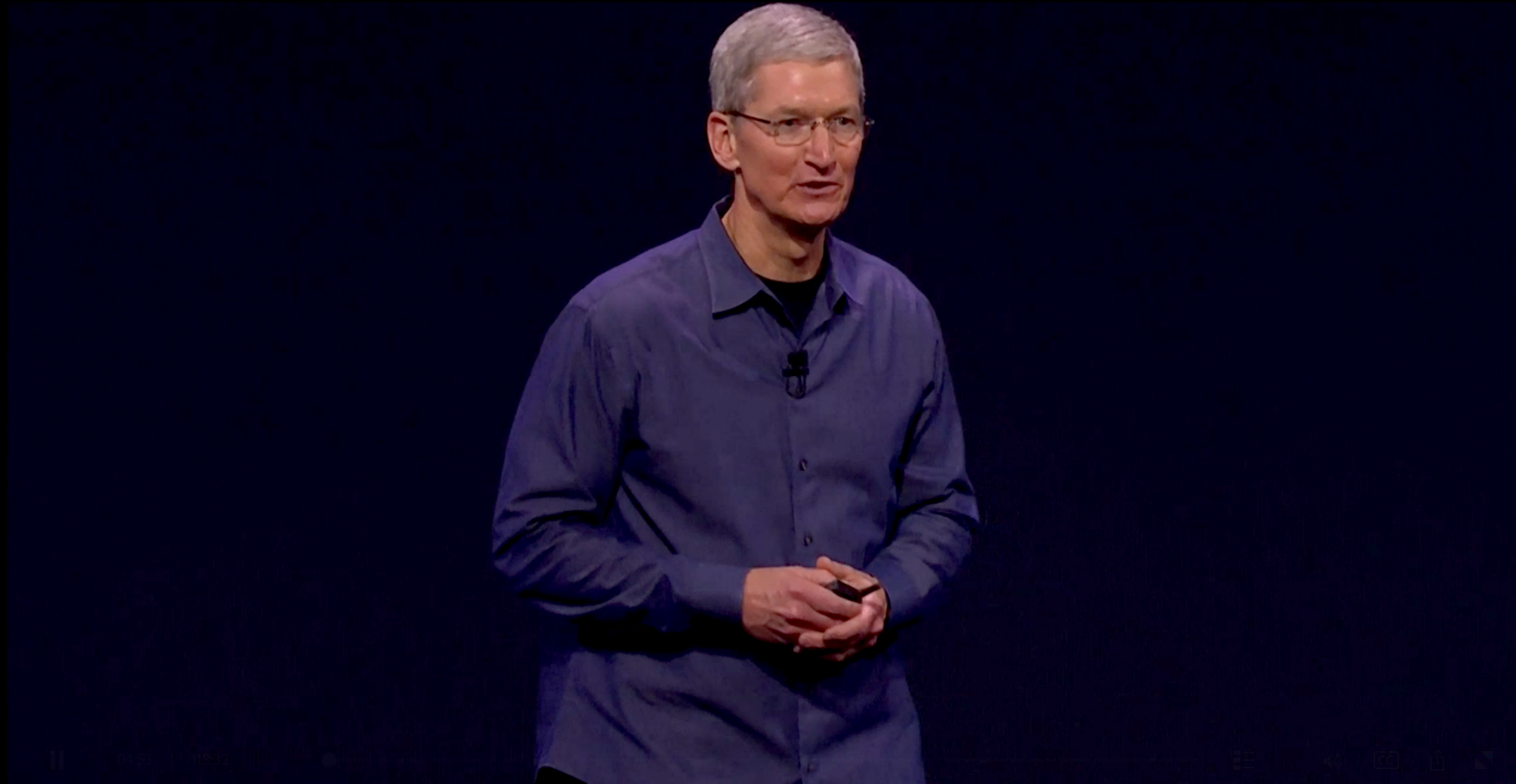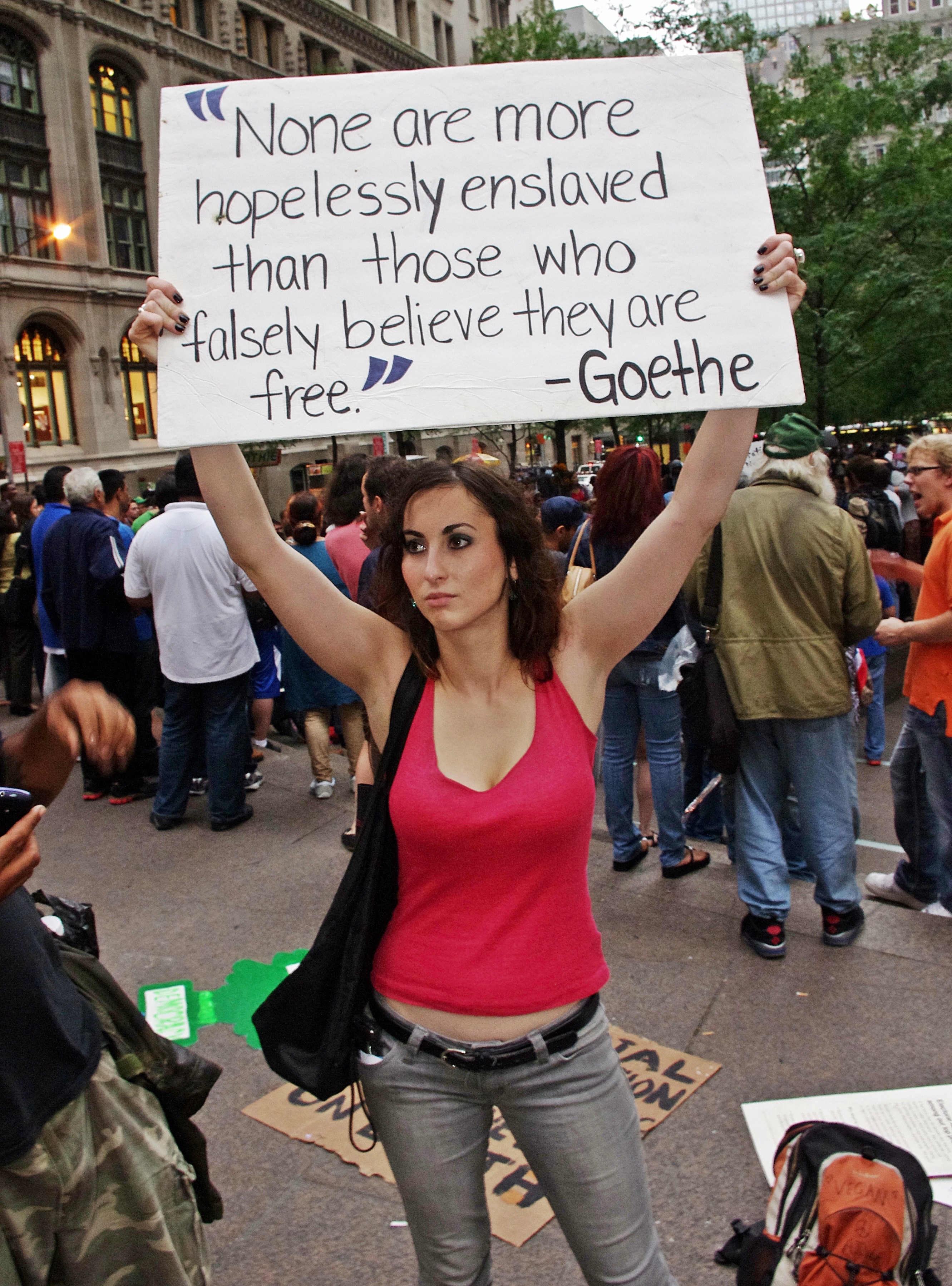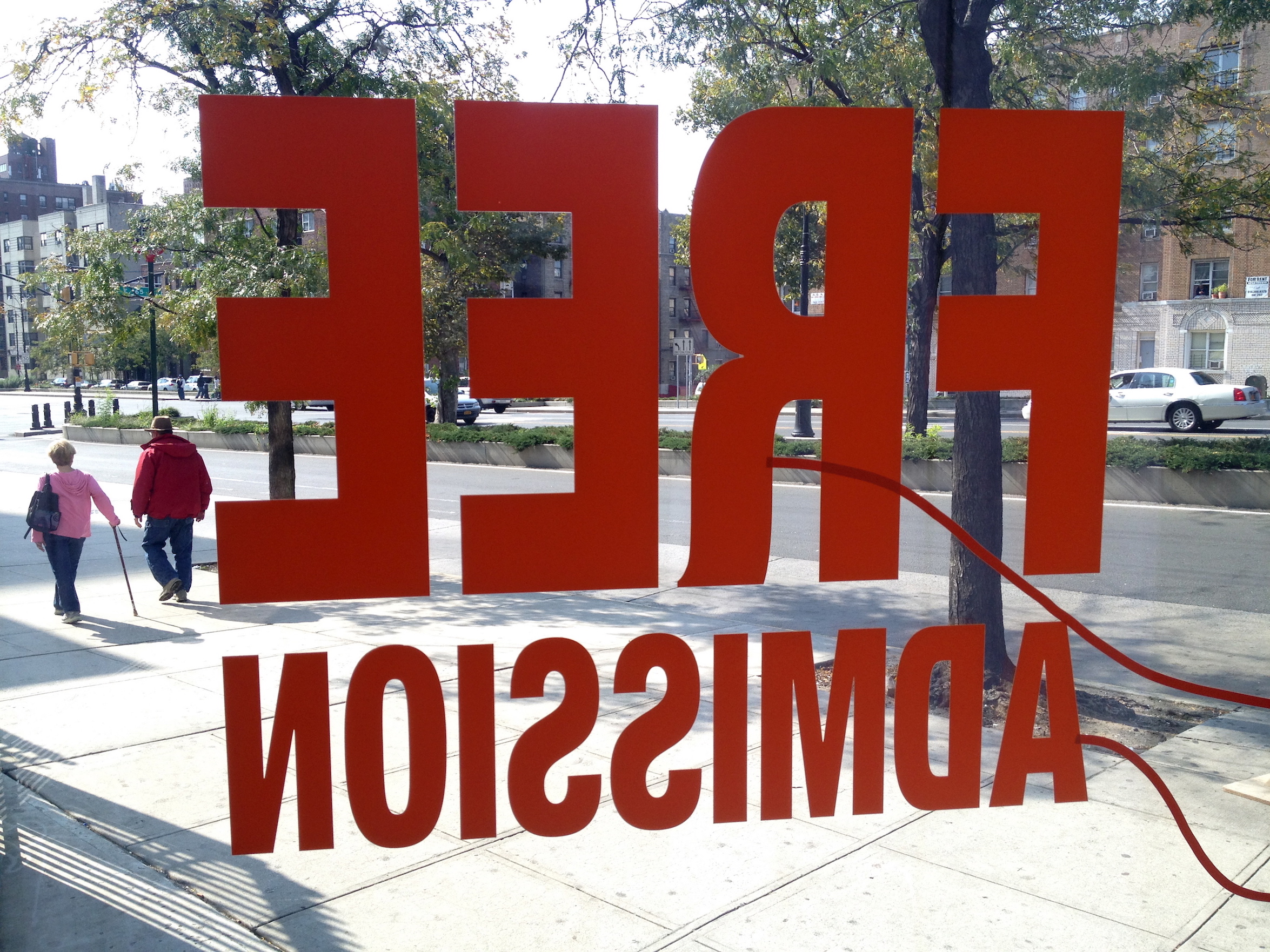What do two forts share in common? Kaci Hickox, the 33 year-old healthcare worker from Fort Worth, Texas, taking refuge in Fort Kent, Maine. Surely you know of the so-called Ebola nurse and the legal scuffle about quarantining her. As an Aroostook County native born about 70 kilometers (okay, I rounded up) southeast of FK and having traveled widely across the Lone Star State, I know something about the character of both regions. Think independent-mindedness times two, which equals “Don’t tell me what to do”.
The simple story: She volunteered in Sierra Leone, where the disease rages. She returned to the wrong state, New Jersey, which put her in isolation. She fled to one of the most rural and remote areas of the Northeast. Maine’s governor demanded voluntary quarantine. She defied it. A federal judge ruled against the Gov. News reporters who couldn’t find Fort Kent with a Google Map ruined the autumn tourist trade by filling up the only hotel. We all wait to see if she stays symptom free through November 10. Pass the popcorn. The suspense is thicker than a horror flick.










